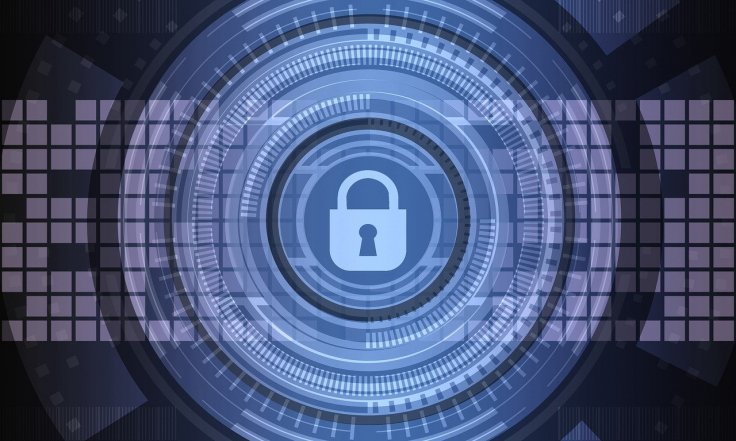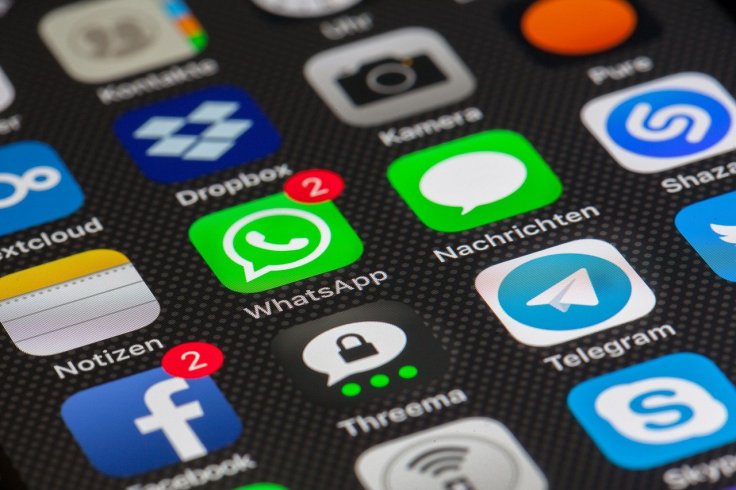As the battle for privacy rages on, Facebook, Google and Twitter — three giants of the technology industry — have been on the backfoot. Despite taking various steps to ensure that privacy remains a top priority, the concerns have been overwhelming.
To address the issue, Facebook CEO Mark Zuckerberg announced plans last year about end-to-end encryption of its all messaging services (Instagram, Messenger). While it will essentially be a more secure way to communicate, Australia's Department of Home Affairs Secretary Mike Pezzullo is concerned that by enabling end-to-end encryption, Facebook will create its own dark web.
Pezzullo is, however, not alone to share his concerns. Governments in the United Kingdom and the United States have similar apprehensions about Facebook's proposed plans, fearing that it will essentially make it impossible to retrieve conversations about criminal activity from the platform.

"We are particularly concerned about Facebook's plans to go to end-to-end encryption of their entire platform to create, in effect, the world's biggest dark web," Pezzullo told the Senate Estimates of Australia on Tuesday (October 20, 2020).
What Is End-To-End Encryption?
To understand why law enforcement and governments are opposed to the idea, let's first learn what is end-to-end encryption. It is a more secure way to communicate. In this method, the communication channel is encrypted using cryptographic keys that third parties have no access to.
When a user sends a message, the individual also shares a unique key to decrypt the message and not even the service provider has access to the key which is stored on the device. The only way to decrypt the communication channel is by retrieving the key from the device, meaning a third-party will need physical access to it.
Facebook wants to use the technology to secure its platform. Beginning with Messenger, it plans to slowly roll out the technology to Facebook, securing the marketplace transactions.
Privacy vs Law Enforcement
Facebook's proposed plan sounds good for users amid privacy concerns. In many countries, anti-government protests like in Hong Kong and Belarus, people have used end-to-end encrypted messaging services like Telegram to arrange rallies and protests, irking law enforcement.
But law enforcement agencies' worries are also legitimate. During the 2017 London terror attacks, Facebook's other instant messaging app WhatsApp with end-to-end encryption was used by the terrorists. Even Apple's iMessage and FaceTime are end-to-end encrypted.
Pezzullo said that criminals were already using encrypted channels and there was an increase in child sex offenders who were exploiting "both the clear web and the dark web" throughout the Coronavirus pandemic.
In the U.S., Republican-led Senate Judiciary Committee members have also proposed a bill "Lawful Access to Encrypted Data Act" to stop encrypted messaging services. They believe that if strong encryption is used, law enforcement will have no way to retrieve the keys to decrypt the conversation.
In the past governments have also threatened Apple, Facebook, Telegram and Signal with legal action over encryption. The constant opposition from law enforcement agencies has considerably delayed Facebook plans.

Australia vs Facebook
In Australia, Facebook has been embroiled in multiple challenges with the country's government forcing tech platforms to share advertising revenue with news outlets for original stories. The end-to-end encryption row is the latest one. Pezzullo said that the Australian Police Force (AFP) was concerned with the increase in traffic on the dark web and encryption would also turn Facebook into a useful tool for criminals. The dark web also uses similar encryption technology.
In a way, while governments are filing lawsuits against tech companies for breaching users' privacy, they also want to have some control over users. Controlled privacy has also confused the tech companies and comparing Facebook's end-to-end encryption with the dark web is the latest attempt. During the session, Pezzullo was also asked if the department had any plans of introducing a banking style know-your-customer. That way, it would be up to the tech companies to authenticate users. He said that a framework was being developed, ZDNet reported.
"The dark web is particularly pernicious and concerning from this point of view because it's getting harder and harder to defeat the anonymization capability and they can literally just disappear off the grid. It will almost get to a point where we don't know where these people are," Pezzullo said.









